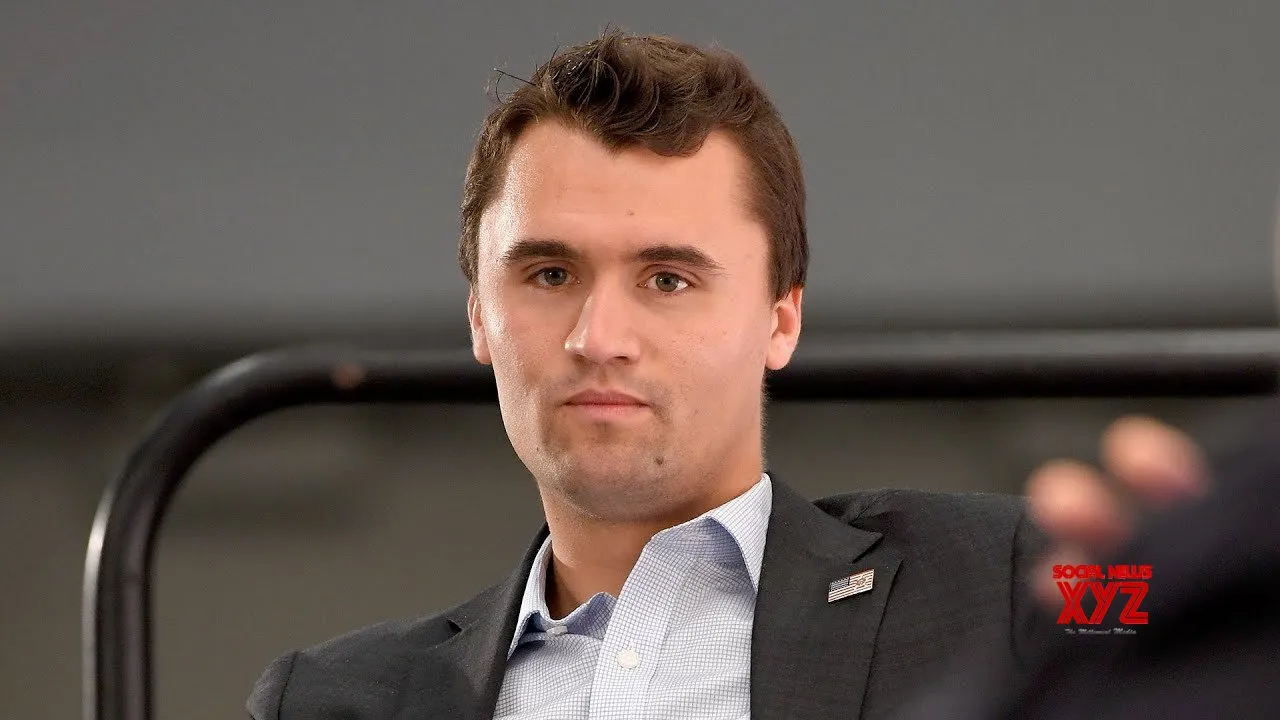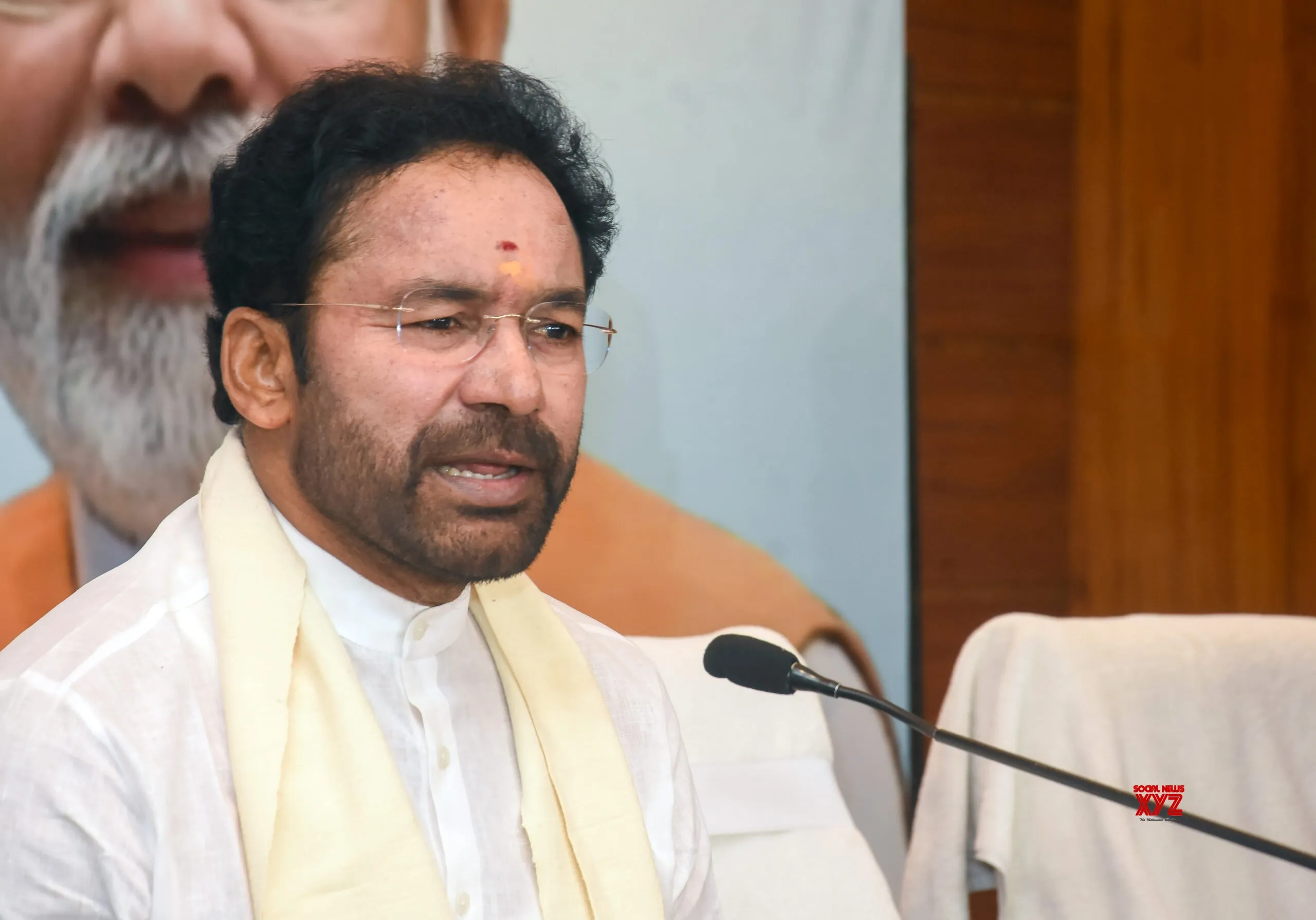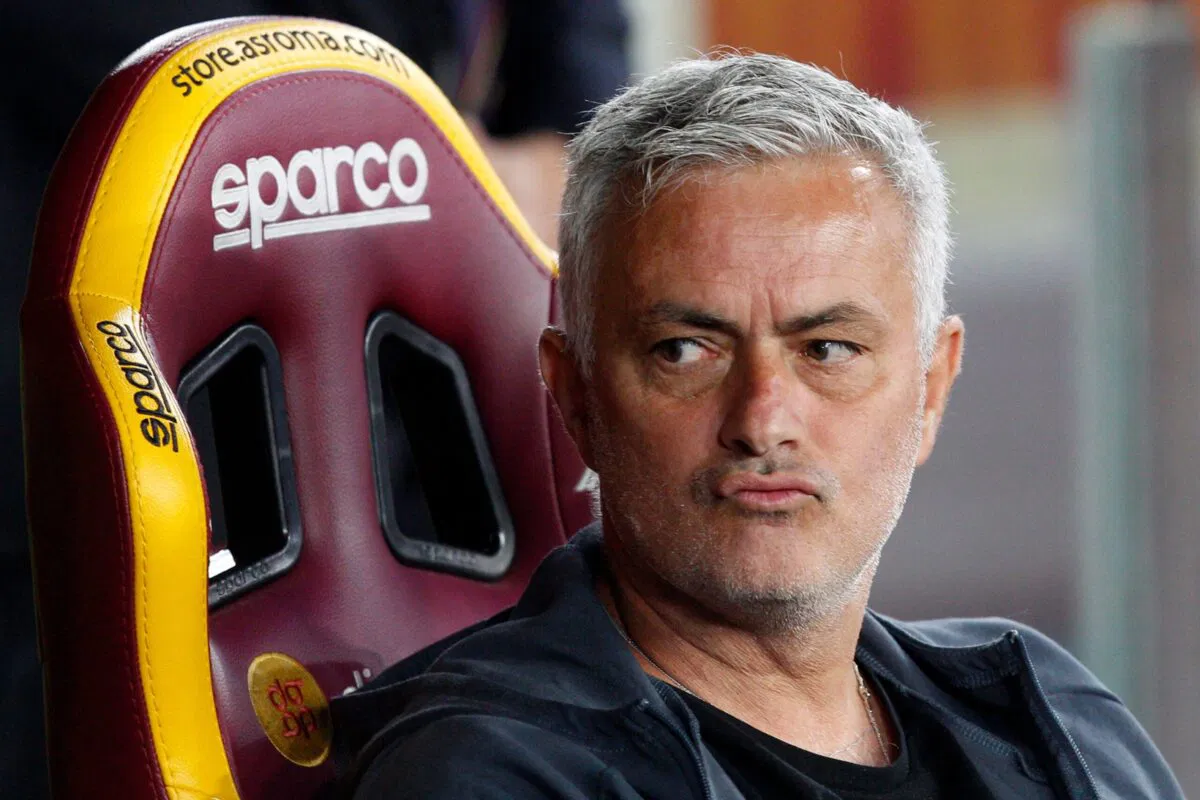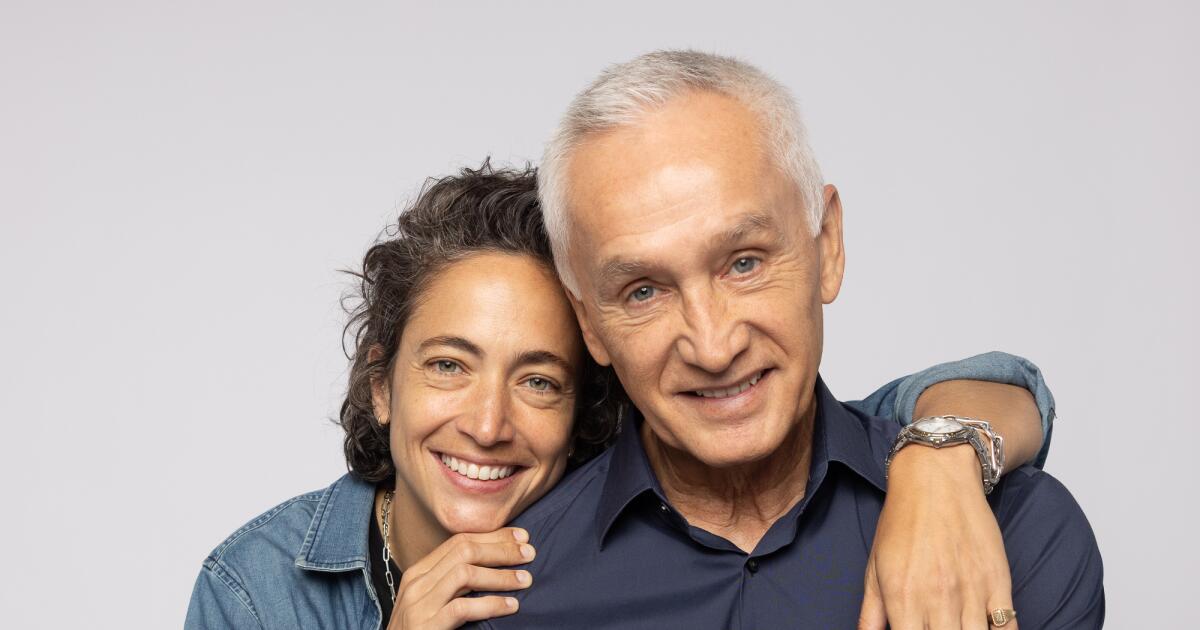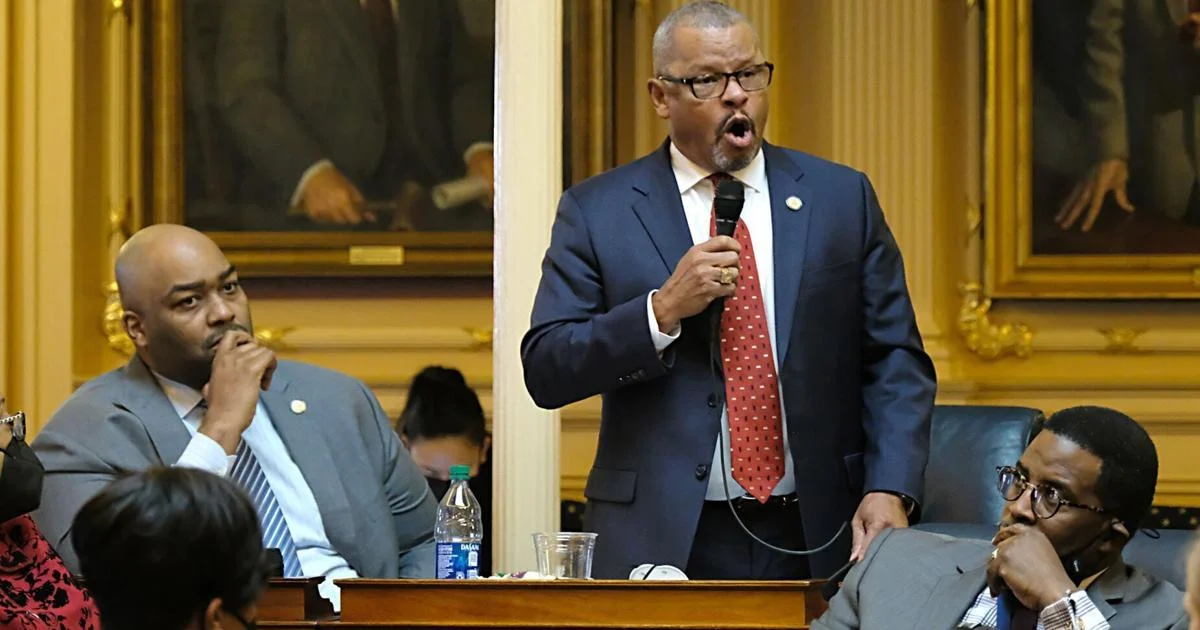
Virginia already is likely to face $1.75 billion in new costs for K-12 public schools and Medicaid over the next two years.
The House of Delegates’ Appropriations Committee staff warned on Thursday that the budget fallout of deep cuts in federal employment and spending also could cost the state hundreds of millions of dollars a year to fill funding gaps.
Those potential gaps include an additional $360 million for food assistance, $250 million for health insurance premiums, an unknown amount for student financial assistance and loans, and additional help for people who lose their government and private sector jobs.
The massive tax-cut package that President Donald Trump signed into law on July 4 also will require lawmakers eventually to decide on tax policy changes — including exempting income from tips and overtime — that could cost the state more than $1 billion a year. Budget staff included that estimate in a report delivered Thursday to the House Emergency Committee on the Impacts of Federal Workforce and Funding Reductions.
Staff and legislators acknowledged the uncertainty of funding cuts to state and local governments, as well as nonprofit organizations across Virginia, from provisions of the One Big Beautiful Bill Act and Trump’s other actions to slash federal spending.
Those actions include layoffs of federal employees and private contractors who play significant roles in the state’s economy, as well as unilateral cancellation of federal grants and rescission of already appropriated federal funds.
“This is a serious matter,” Del. Terry Austin, R-Botetourt, told members of the emergency and budget committees. “There are a lot of serious things here that impact the commonwealth of Virginia in significant ways.”
House Appropriations fiscal analyst Kimberly McKay acknowledged the continued strength of Virginia revenue collections, which Gov. Glenn Youngkin said last week are $266.5 million higher than projected in the first two months of the fiscal year than began on July 1. Youngkin vetoed $900 million in approved budget spending this year as a one-time buffer against future shortfalls, and the state finished the fiscal year on June 30 with $572 million more revenue than projected.
‘Caution is going to be key’
However, McKay warned, “Caution is going to be key heading into the next” two-year budget cycle.
Del. Keith Hodges, R-Gloucester, who serves on the House Appropriations Committee, still questioned, “How much is the sky actually falling?”
House Appropriations Chairman Luke Torian, D-Prince William, said all members “can anticipate that there will be changes” when the General Assembly convenes in January to begin work on the new two-year budget that Youngkin will propose in December before leaving office the next month.
‘We have been forewarned’
“We can tout how strong our economy is right now in the commonwealth, and it is in a good position, but I want to alert my colleagues that we have been forewarned this morning that there are going to be some changes and there are going to be some challenges that we will have to face,” Torian said sternly.
The chairman also made clear that the legislature will not rely on the state’s $4.5 billion in reserve funds — much of it restricted to emergency revenue shortfalls under the state constitution — to fill the gaps unless lawmakers have no choice.
“So, for those of you who think we’re going to run to the reserve funds, do not allow that to be a thought in your mind,” he said. “When it is critical to go in that direction, then we will, but we will work hard to appropriate the resources where they are needed to meet the basic fundamental needs of the citizens of the commonwealth.”
Torian also cautioned members, who routinely submit budget amendments for spending on projects they favor, to “be mindful of this report and be mindful of the expectations that you may bring to Richmond” in January.
The full impact of federal actions on Virginia’s economy and budget is still unclear, but House budget staff already expect big bills coming due from new two-year forecasts of Medicaid and K-12 spending that the state is obligated to pay, estimated at $1.75 billion over two years. (The final forecasts have not been submitted.)
Millions for food stamps
They also know that the Trump tax-cut bill will shift a big chunk of federal costs to Virginia for the Supplemental Nutrition Assistance Program, otherwise known as SNAP or food stamps, which could cost the state as much as $360 million for its share of the expense for benefits and administration.
Youngkin’s administration is trying to reduce the error rate — an estimation of overpayments and underpayments of benefits by local social services departments — to bring down or eliminate the cost under the law.
Del. Mark Sickles, D-Fairfax, who chairs the Health and Human Resources Subcommittee, said he thinks “we can do this,” but staff was more skeptical because the error rate reflects mistakes that are out of its control, such as unknown changes in household income, and the rate historically has averaged above 9%. “It’s not going to be easy,” analyst Amy Cochran said.
Sickles also expressed concern about the impending expiration of enhanced federal subsidies for health insurance premiums under policies that Virginians buy under a state-run marketplace. Unless the Republican-controlled Congress votes to extend the subsidies, they will expire at the end of the year. Virginia would have to pay $250 million a year to replace them.
“What we have achieved is the lowest uninsured rate in Virginia history,” he said. “We’re talking about tossing that out of the window.”
The Trump tax bill’s effect on Medicaid enrollment and costs won’t be clear until they take effect in 2027 — after midterm congressional elections next year — but longtime analyst Susan Massart warned, “There will be impacts on enrollment in the program.”
Del. David Bulova, D-Fairfax, who headed the emergency committee at the request of House Speaker Don Scott, D-Portsmouth, acknowledged that legislators still don’t have all the information they will need to make informed decisions about spending needs in the next budget.
However, Bulova added, “the impacts on Virginians and the choices we will have to make as elected officials have come into much clearer focus.”
Michael Martz
(804) 649-6964
mmartz@timesdispatch.com
Get Government & Politics updates in your inbox!
Stay up-to-date on the latest in local and national government and political topics with our newsletter.
* I understand and agree that registration on or use of this site constitutes agreement to its user agreement and privacy policy.
